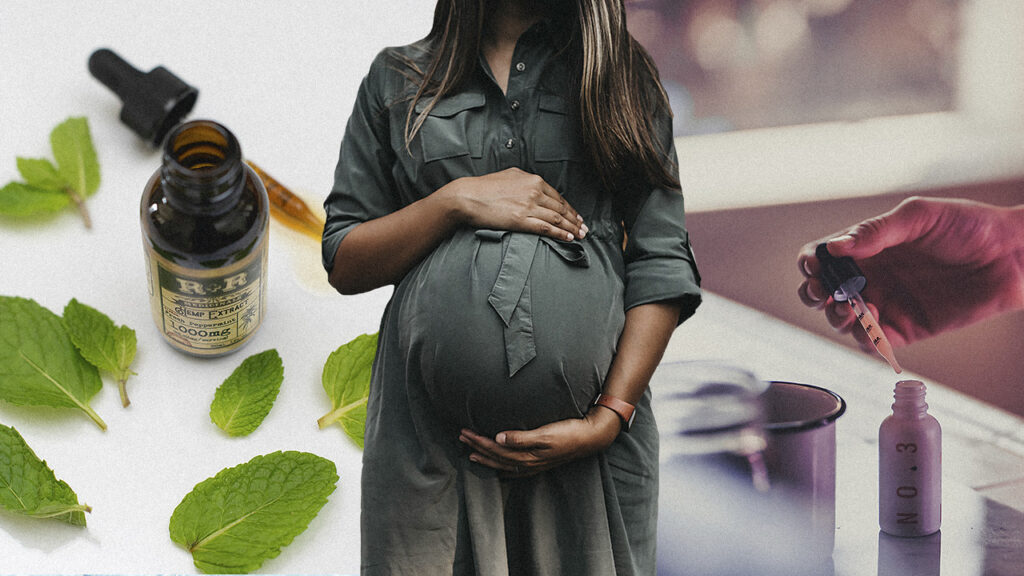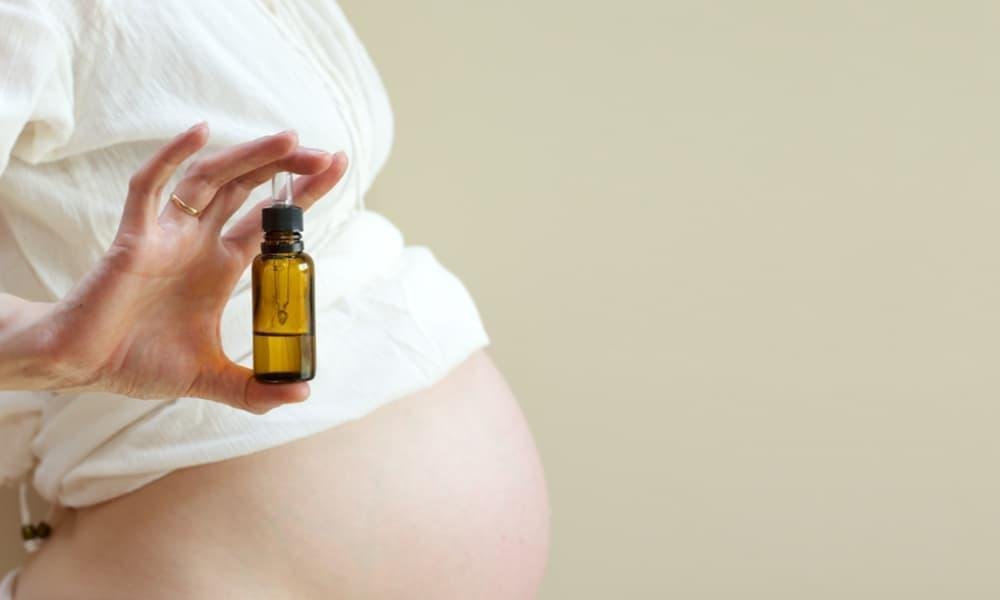CBD, short for cannabidiol, has garnered significant attention in recent years for its purported health benefits. From anxiety relief to pain management, CBD products have become increasingly popular among consumers.
However, for pregnant women, the use of CBD raises important questions about safety and potential impacts on fetal development. In this comprehensive guide, we delve into the scientific research surrounding CBD and its potential effects CBD on pregnancy.

Understanding CBD: What is it and How Does it Work?
Before diving into the potential impact of CBD on pregnancy, it’s essential to understand what CBD is and how it interacts with the body. CBD is one of over a hundred cannabinoids found in the cannabis plant. Unlike its counterpart THC (tetrahydrocannabinol), CBD is not psychoactive, meaning it does not produce the “high” typically associated with cannabis use.
CBD interacts with the body’s endocannabinoid system (ECS), a complex network of receptors found throughout the body. The ECS plays a crucial role in regulating various physiological functions, including mood, sleep, appetite, and pain perception. CBD is believed to influence the ECS by interacting with cannabinoid receptors, ultimately modulating these physiological processes.
The Current State of Research on CBD and Pregnancy
While CBD has shown promise in alleviating symptoms associated with various health conditions, research on its safety during pregnancy is limited. Due to ethical considerations, most studies examining the effects of CBD on pregnancy have been conducted on animals rather than human subjects.
Animal studies have yielded mixed results, with some suggesting potential risks associated with CBD use during pregnancy. For example, a study published in the Journal of Clinical Investigation found that exposure to cannabinoids in utero could alter brain development and behavior in offspring. However, it’s important to note that these studies often involve high doses of CBD, which may not reflect typical human consumption patterns.
Potential Risks of CBD Use During Pregnancy
One of the primary concerns surrounding the use of CBD during pregnancy is its potential impact on fetal development. As mentioned earlier, animal studies have raised concerns about the effects of cannabinoids on brain development in offspring. Additionally, some researchers worry that CBD could cross the placental barrier and affect the developing fetus.
Furthermore, the lack of regulation in the CBD industry poses additional risks for pregnant women. Without standardized testing and quality control measures, CBD products may contain contaminants or inaccurate labeling, potentially exposing expectant mothers to harmful substances.

The Importance of Consultation and Transparency
Given the limited research available, it’s crucial for pregnant women to approach CBD use with caution. Before incorporating CBD products into their wellness routine, expectant mothers should consult with a healthcare provider knowledgeable about CBD and pregnancy.
Healthcare providers can offer personalized guidance based on individual risk factors and medical history. They can also help pregnant women weigh the potential benefits of CBD against the potential risks and explore alternative therapies when appropriate.
Transparency is key when discussing CBD use during pregnancy. Expectant mothers should thoroughly research CBD products, ensuring they come from reputable manufacturers and undergo third-party testing for purity and potency. Additionally, they should be aware of the legal status of CBD in their jurisdiction and adhere to any regulations or guidelines set forth by regulatory authorities.
Conclusion: Navigating the Complexities of CBD and Pregnancy
In conclusion, the science behind CBD and its potential impact on pregnancy is still evolving. While preliminary research suggests potential risks associated with CBD use during pregnancy, more comprehensive studies are needed to fully understand its effects on fetal development.
For pregnant women considering CBD as a therapeutic option, it’s essential to approach with caution and seek guidance from healthcare professionals. Transparency, informed decision-making, and adherence to regulatory guidelines are critical to ensuring the safety and well-being of both mother and child.
As research continues to shed light on the complexities of CBD and pregnancy, expectant mothers can make empowered choices that prioritize their health and the health of their unborn child. By staying informed and consulting with healthcare providers, pregnant women can navigate the potential risks and benefits of CBD with confidence and clarity.
